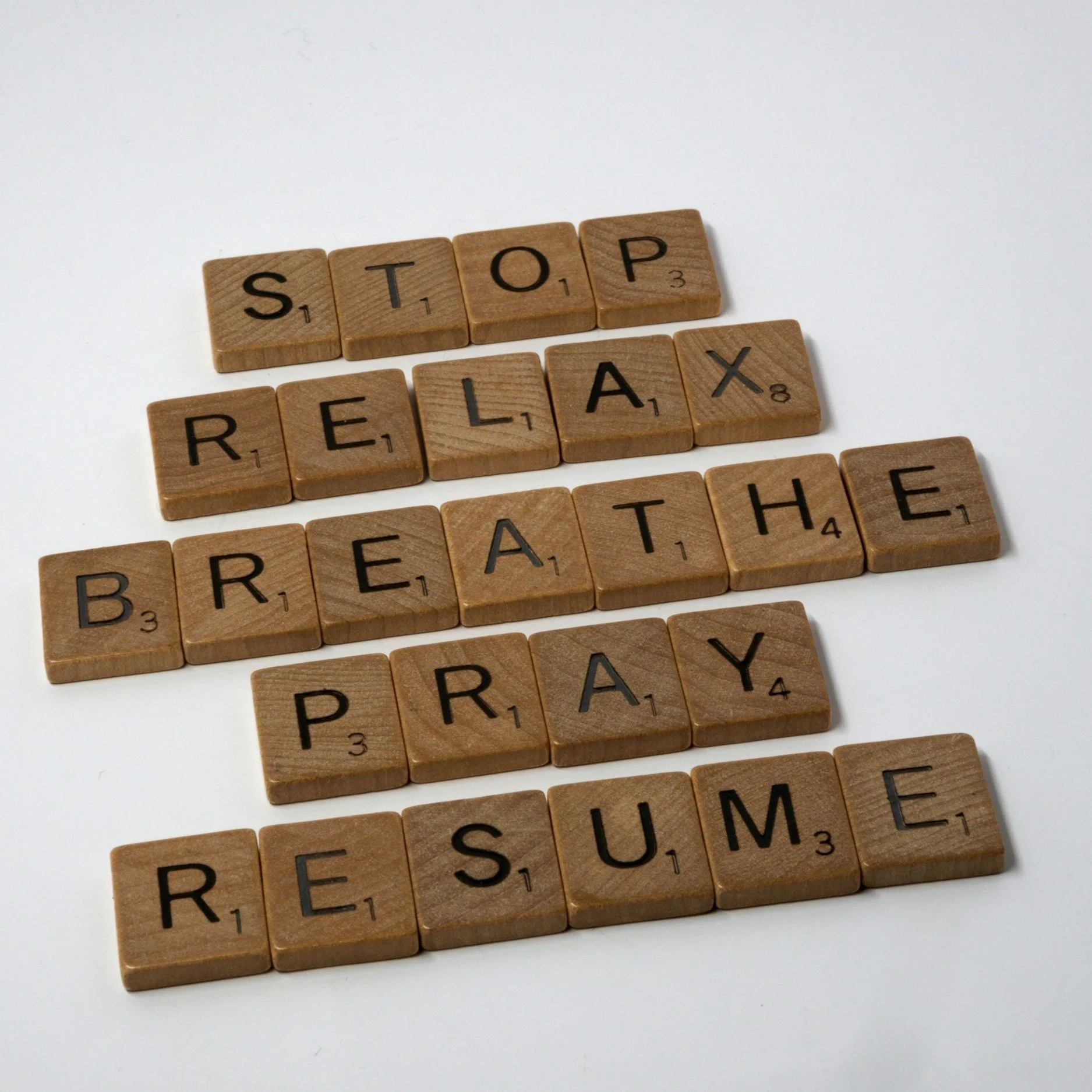From burnout to breakthrough: reclaiming power after workplace discrimination.
Workplace discrimination can be subtle, yet its impact is profound. This Sister Story sheds light on the struggles of a South Asian woman who worked tirelessly to build her career, only to face unjust treatment when she needed support the most. It’s a story of resilience, the emotional toll of workplace bias, and the strength it takes to reclaim control. Through her experience, she hopes to inspire others to recognise discrimination, stand up for themselves, and advocate for a more just and inclusive workplace.
A career built on hard work and determination
I have always considered myself incredibly lucky. As the only South Asian woman serving as an operational manager for frontline services in the local authority, I had the privilege of earning my manager's complete trust. They relied on my ability to manage services and premises, as well as oversee frontline managers and staff. It was a huge responsibility, but one that I embraced wholeheartedly. I thrived in this role, and I was immensely proud of the services I managed.
When I reflect on my journey, it is humbling. I started as a volunteer, gradually working my way up through the ranks. I did not begin my career until after having my children, so I literally started from the very bottom. Every step, every challenge, had been worth it. Yes, I was lucky—but it was a luck that came with hard work, determination, and a willingness to grow.
A sudden shift: when everything changed
But then, things slowly began to change. My manager was made redundant, and two new managers were brought in. Suddenly, I found myself questioning everything.
What had changed? Why didn’t my new managers like me?
The questions swirled in my mind, endlessly, as I tried to make sense of the situation. I stared hard at my reflection in the mirror, as though the answer would somehow appear there.
As I got ready for work, an uncomfortable sense of apprehension settled in. Once again, I could not bring myself to eat breakfast, my stomach tight with anxiety. I kept asking myself:
Was it me who was not adjusting to their management style, or was there something about me that they disliked?
Still, I was determined to prove myself to them, no matter how difficult it would be or how long it took. I told myself I would eventually win them over. Little did I know, this would be a battle I could never win.
Settling at my desk, I anxiously flipped through my diary and emails, planning my day. But, like every other day, nothing went as expected. I was quickly swamped with questions, queries, and demands, all while trying to stay on top of my own workload. I fought to keep my head above water, struggling to stay afloat, but the overwhelming sensation of drowning slowly took hold. I tried juggling multiple tasks at once, aware of the mounting pressure to meet impossible deadlines.
Why couldn’t my managers be supportive? Surely, that was part of their role, especially in a service where we were meant to care for others. But my silent questions went unanswered, and I pushed them aside, forcing myself to maintain a professional front, to appear confident and capable.
I took deep breaths, attempting to calm my racing pulse. Was this how things would be from now on? My managers sceptical of my abilities, condescending in their approach, putting me down at every opportunity? Nothing I did seemed to satisfy them. Yet, I worked tirelessly—45 to 60 hours a week, far beyond my contracted 37 hours—hoping they would eventually see my worth. At the back of my mind, a voice warned me to slow down, that the stress I was under was taking a toll on both my body and mind. But I ignored it. I believed, with all my heart, that everything would fall apart if I were not there to hold it all together.
The physical and emotional toll of workplace stress
My back ached with constant stiffness, and movement became increasingly difficult. The stress took its toll on me mentally too, leaving me in a constant state of anxiety during the day, followed by sleepless nights. I felt drained, physically, and emotionally, and my work was slowly consuming the life I had outside of it. I was caught in a storm, adrift without a clear path forward.
The breaking point: a health crisis that changed everything
One day, as I left work feeling mentally and physically exhausted, I made my way to a chiropractor, hoping to find some relief from the pain that had become unbearable. Little did I know, that would be my last day at work. My chiropractor, alarmed by my symptoms, insisted I go to the hospital immediately. I was admitted, given a steroid injection in my spine, and told I would need surgery to relieve the pressure from my prolapsed discs, or risk permanent nerve damage and potential paralysis.
Betrayed by the system: facing unfair treatment
The injection did not work, and my condition worsened. I had no choice but to take sick leave. Initially, my line manager expressed sympathy, telling me to focus on getting better. I was relieved, thinking I had misjudged her. But when I had a follow-up meeting, the reality hit. After discussions with the senior manager, I was told they could no longer support my absence and were considering disciplinary action that could lead to dismissal. I was devastated. My 20 years of hard work, dedication, and sacrifice seemed to mean nothing. The job I had poured my heart into had now cast me aside because of my illness.
The fight for justice: standing up for myself
The toll of this news was immense. The constant threat of losing my job sent my health into further decline. I sought help from a union representative who guided me through the sickness and appeals process. For 12 months, I fought for my job. Eventually, I received an apology, and my job was secured until I was able to return. But even with the outcome I wanted, I was unsure I could go back to a place where managers had been deceitful and undermined the very principles of care, integrity, and honesty.
Letting go: choosing my well-being over a toxic workplace
When I could not take it any longer, I resigned for the sake of my health. Both my physical and mental well-being were deteriorating, and I realised that my managers had created a toxic environment to make it impossible for me to return. Though I had loved my job, staying under those conditions was no longer an option.
It is a sad reality when managers misuse their power to create such a difficult environment that an employee feels they have no choice but to leave. With my departure, all the experience, expertise, and knowledge I had gained over the years walked out the door too. There were no winners.
For years, I relived the events, frustrated and angry at how I had been treated. I wished I had more guidance, support, and knowledge on how to navigate such a situation. But with time, I came to accept that this experience had forced me to focus on healing—physically and mentally. I now feel whole again, stronger, and more in control of my own destiny. I can look to the future with hope, not the weight of that past.
Lessons learned: strength, resilience, and moving forward
It is strange how life’s harshest lessons can sometimes lead to the greatest personal growth. When you acknowledge the strength and resilience you did not know you had, you can begin to appreciate your ability to stand up in the face of injustice.
A healthy mind and body are the foundation upon which we can build a brighter future. The ability to show compassion, and to forgive, strengthens our resilience in dealing with life’s challenges. We cannot change others, but we can control how their actions impact us.
Breaking barriers for the next generation
As an Asian woman in the workplace, I encountered challenges that I hope others do not have to experience. Bullying and harassment often take forms that are subtle and difficult to prove. We sometimes dismiss these incidents because we think they are too small to matter or because there’s no concrete evidence. But we must trust ourselves, because we are just as strong and capable as anyone else when it comes to confronting discrimination. We must lead the way for the next generation by breaking down barriers to equality and justice that continue to exist.
If you are need help, here are some useful links:
https://www.acas.org.uk/bullying-at-work/if-you-think-youre-being-bullied
https://www.acas.org.uk/discrimination-and-bullying



